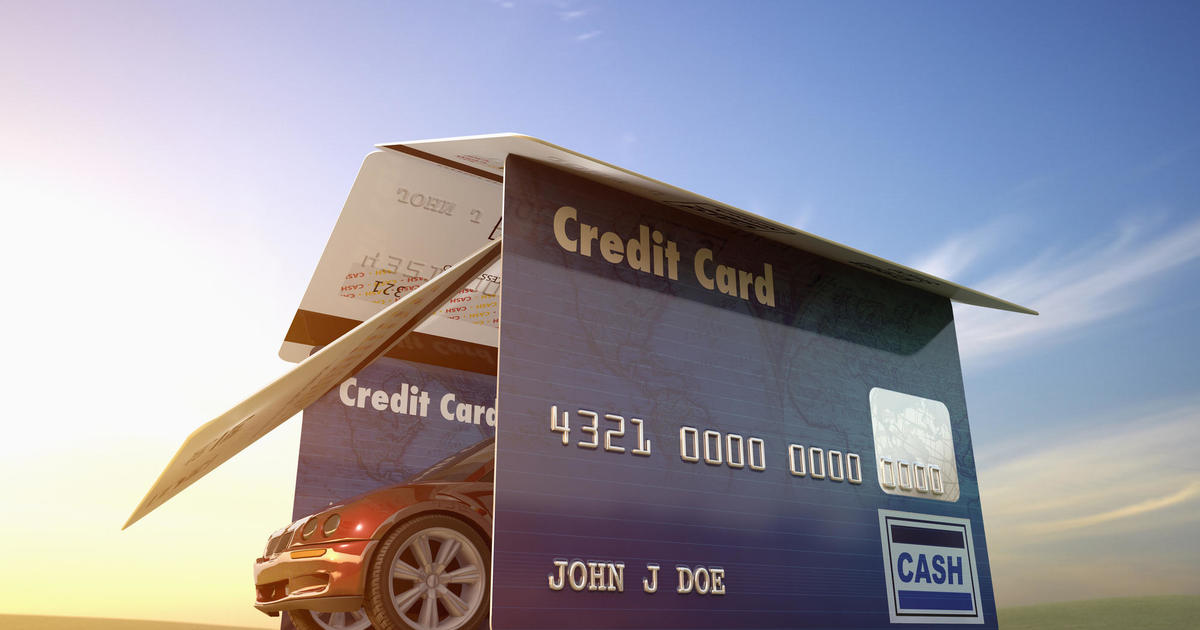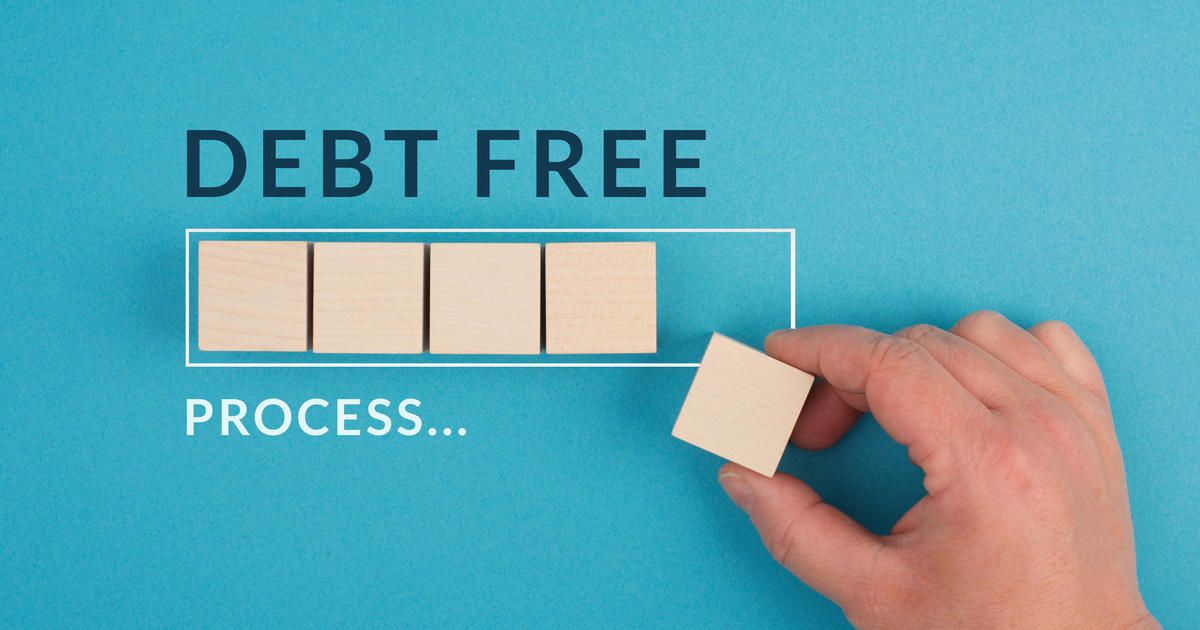Payday loans are landing people in jail
Payday loans offer workers a way to get some quick cash. What might surprise many borrowers: Falling behind on repaying those loans can land them in court — and even behind bars.
The issue stems from a clause in the payday loan contracts, as well as quirks in the U.S. legal system. More than 99% of storefront payday lenders have what's called a small-claims "carve out" in their contracts, which means that rather than turning to arbitration in case of an unpaid debt, they can take the case to small-claims court.
If the borrower fails to show up for court, they can be arrested for contempt of court. And that's exactly what is happening, with payday lenders increasingly relying on this strategy, according to a new study from the Consumer Federation of America (CFA).
In Utah, which has lender-friendly laws, about two-thirds of small-claims cases were related to payday lenders and other high-rate lenders, the CFA analysis found.
"This study provides a troubling example of a 'debt-to-jail pipeline,'" said Christopher Peterson, director of financial services at CFA, in a statement "Some payday lenders are using the criminal justice system to collect triple-digit interest rates from insolvent consumers."
The typical amount of payday debt that lands a borrower in court, the study found: $994. And given the exorbitant interest rates on payday loans and so-called auto title loans, which are secured by a borrower's vehicle, it's not surprising borrowers fall behind. Rates on these loans average nearly 400%, which amounts to roughly to $15 for every $100 borrowed; some lenders charge more than 1,000%.
The "debt-to-jail pipeline"
In Utah, the system appears to benefit payday lenders because the bail posted by borrowers is then handed over to the financial firms, the report noted. And contrary to the goal of small-claims court providing a quick legal decision, some cases can go on for years, the consumer advocacy group found.
The system is reminiscent of "Dickensian" debtors' prisons, the CFA said in its report.
"Advocates have described this phenomenon as a 'debt-to-jail pipeline' that can result in long-term psychological trauma, lost income, and other damaging effects on debtors and their families," it noted.
The group also said similar practices may be happening in small-claims courts in other states.
Debtors' prisons were abolished in the U.S. in the 1830s. More recently, in the 20th century the Supreme Court ruled in three cases that it is unconstitutional to jail people who are too poor to repay their debt. But the decisions left it to local courts to determine if a person is truly indigent or is simply choosing not to make payment.
Although it's illegal to jail someone for an unpaid debt, people who fall behind on repaying a debt are finding themselves under arrest or locked up because of issues such as failing to show up for a hearing. But making court appointments can be a struggle for many low-income borrowers, who may have inflexible work hours or lack transportation.
That's what happened to Walmart employee Cecila Avila, according to a ProPublica report in December. Avila, who said she couldn't take time off from work to show up for court over her payday loan payments, was arrested at her store and handcuffed in front of shoppers and co-workers.
"It just didn't make any sense to me," she told ProPublica. "Why am I being arrested for it?"
Arrested for medical bills
In rural Kansas, some consumers also are facing jail time for medical debt, as CBS News reported earlier this month. In that situation, the court directs people with unpaid medical bills to appear in court every three months and state they are too poor to pay in what is called a "debtors exam." But if two hearings are missed, the judge issues an arrest warrant for contempt of court. Bail is set at $500.
The American Civil Liberties Union has also found that people can be arrested for traffic tickets, car loans and even credit card debt. Compounding the problem is that, unlike in criminal cases, defendants involved in civil cases over issues such as unpaid debt don't have the right to be represented by a lawyer.



